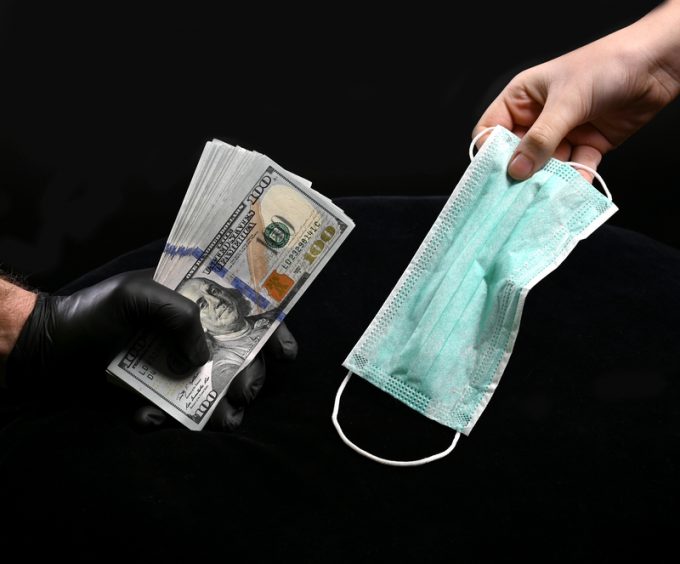Trump-Houthis deal – expect further 'rate declines...after port congestion'
Ocean: supply-demand balance getting ‘structurally looser’?

Airfreight rates for medical supplies have hit more than $13 per kg, causing some forwarders to claim that freighter airlines are “profiteering” from the Covid-19 crisis.
But however, many medical supplies are no longer getting through to end-users, following new Chinese regulations.
On 31 March, the Chinese government responded to complaints from the EU that many of the medical supplies arriving were sub-standard and said all medical suppliers in China had to be certified so poor products were not exported.
Now, Chinese shippers ...
Maersk Air Cargo sees volumes fall as it aims for 'margin in favour of revenue'
Keep our news independent, by supporting The Loadstar
Container spot rates diverge: to Europe still falling, but firmer to the US
Hapag-Lloyd won't take bookings if port congestion leaves cargo stranded
Ecommerce likely the front-runner in resurge of transpacific trade after deal
Airfreight players eye new routes as demand on the transpacific nosedives
China-US trade tariff pause could drive a rebound for transpacific rates
Service chaos from trade ban with India a problem for Pakistan shippers
Volume surge and an early peak season? 'Don't celebrate too soon,' warning
Airfreight rates ex-China 'loss-making', but hopes of a trade deal stay high
Indian coastal freight attracts major carriers, but regional tension disrupts
Serious threat to jobs in US logistics as tariffs cause economic 'stagflation'
APMM floats along on 'solid' Q1 profitability in Ocean, well prepared for choppy water
White House u-turns see freighters flying but keep logistics players on their toes
Carriers impose 'emergency operation' surcharges on Pakistan cargo
MSC in terminal switch as Nhava Sheva gets strong start to new fiscal year

Comment on this article
Arthur Brown
April 03, 2020 at 4:06 pmThe quote from the unnamed forwarder is incorrect or he would name the carriers practicing price gouging. Name them or keep quiet.
Alex Lennane
April 03, 2020 at 5:34 pmTo be fair to him – and the other forwarders who reported this – he did name them. It was The Loadstar’s decision not to publish the names, but there were a lot…
JOSEPH ALBA
April 03, 2020 at 6:35 pmWere the forwarder comments across the geography or primarily UK?
Alex Lennane
April 06, 2020 at 11:54 amWe are getting reports of this from all over the place…
Steve Manser
April 04, 2020 at 11:44 amIf the forwarders/shippers hadn’t been f**king airlines over for so many years, they would all still have viable freighter fleets, instead they insisted that airlines co-rated belly and main deck rates and then wondered why everyone got rid of their freighters, as they couldn’t make them pay ….. now those that have managed to survive are giving them a piece of their own medicine – long may the shafting continue – maybe then the supply chain community will understand the need for freighters and for there to be a premium….
Absolute no sympathy for shippers/forwarders at this time – they created this shortage…..
The rates reflect what it costs to operate freights plus a very very healthy profit margin……
Sorry off my soap box now….
Steve